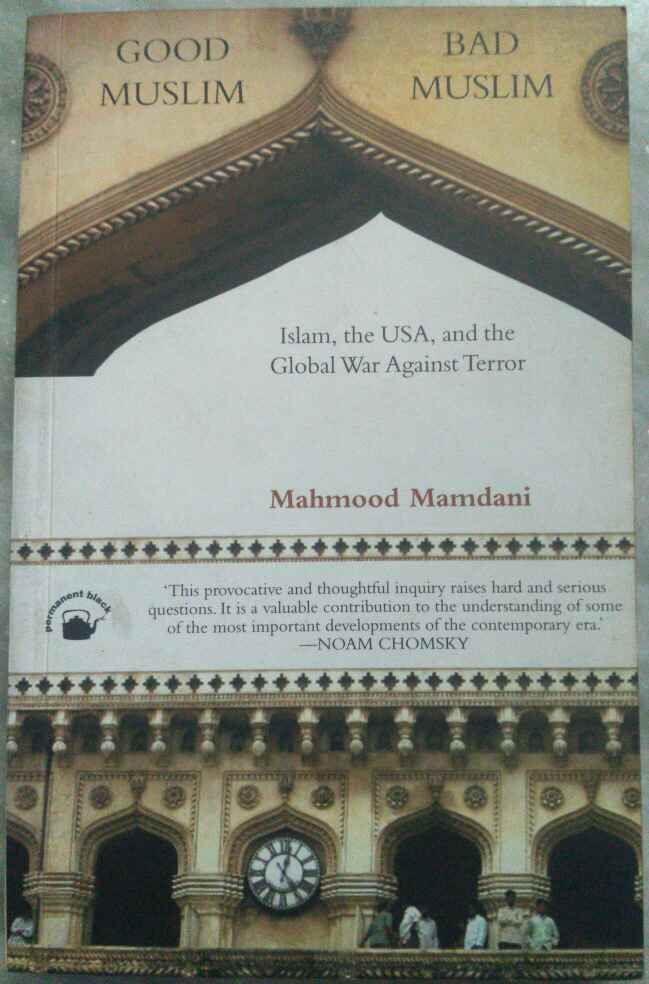In this brilliant look at the rise of political Islam,the distinguished political scientist and anthropologist Mahmood Mamdani dispels the notion of ‘good’ (secular and Westernized)Muslims as against ‘bad’ (premodern, fanatic)Muslims. He argues that such judgements emerge
out of politics rather than from cultural or
religious identity.Mamdani shows how political Islam emerged from a modern encounter with Western power,and how the terrorist movement within it arose
out of the USA’s post-Vietnam proxy wars. His analysis ranges from the 1960s to the Reaganite-Thatcherite 1970s, when a simplistic ideological politics of good versus evil began to be espoused.
It culminates by looking in detail at the global’war against terror being waged in Afghanistan,Pakistan, and Iraq.Good Muslim, Bad Muslim possesses a huge
civilizational sweep which profoundly alters official understandings of Islamist politics that the US state propagates. It is more broadly a radical and necessary corrective to the way in which Islam is being projected by conservative forces in
contemporary times.Long before political Islam appeared in the twentieth century, Islamic reformers had felt that colonialism was the key challenge facing contemporary Muslims. The question was posed squarely by Jamal al-Din al-Afghani (1839-1897), famous as Ernest Re-nan’s protagonist in mid-nineteenth-century Paris. When Renan published a piece on “Islam and Science” in Journal des Débats(March 29, 1883), al-Afghani responded in the same journal(May 18, 1883). Renan published a rejoinder the very next day after al-Afghani’s response, acknowledging what a great impres-
sion al-Afghani had made on him and praising him as a fellow rationalist and infidel. In his lecture, Renan had claimed that “early Islam and the Arabs who professed it were hostile to the scientific
and philosophic spirit, and that science and philosophy had only entered the Islamic world from non-Arab sources.” Al-Afghani’s response was to challenge Renan’s racist assumptions—that the
Arabs and/or Islam were hostile to science and in its place argue
a surprisingly modern case, that science, as philosophy, develops everywhere over time.
Good Muslim Bad Muslim Islam, the USA,and the Global War Against Terror -Mahmood Mamdani
Click on the button below to contact us on WhatsApp, and buy.
HOW TO PAY
You can pay send your payment at any of the following UPI IDs, or scan the QR code, or send the payment directly to our bank:
INDIA POST PAYMENTS BANK

(IPPB) UPI ID= 9563646472@postbank
Malay De Sarkar
A/C No: 100005759940
IFSC: IPOS0000001
Mobile: 9563646472
STATE BANK OF INDIA

(SBI) UPI ID= 9563646472@sbi
Malay De Sarkar
A/C No: 32004843406
IFSC: SBIN0000162
Mobile: 9563646472


